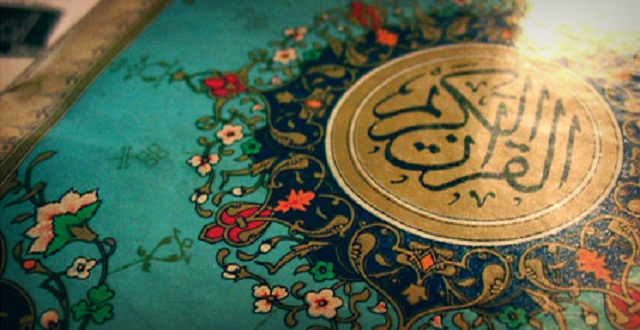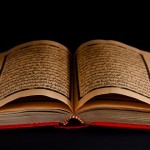How do we know they have not brought the like of the Qur`an?
In verse 23 of Suratul Baqarah we read:
وَ إِنْ كُنْـتُمْ فِي رَيْبٍ مِمَّا نَزَّلْناَ عَلَي عَبْدِناَ فَأتُوْا بِسُوْرَةٍ مِنْ مِّثْلِهِ
“If you are in doubt about what We have sent down to Our Servant (Muhammad), them produce a Surah (chapter) like it.”
The question that arises here is: How do we know that they have not brought the like of the Qur`an?
A look at the history of Islam would provide the answer to this question. This is because within the Islamic nations, during and after the life of the Noble Prophet (s.a.w) – even in Makkah and Madinah – there lived fanatic and stubborn Jews and Christians, who seized every opportunity to impair the strength of the Muslims.
In addition, amongst the Muslims too there lived a group of pseudo-Muslims, whom the Qur`an has named as ‘hypocrites’ and who shouldered the responsibility of spying for the foreign powers (like the one which has been narrated in history regarding the monk Abu ‘Amir and his cohorts from amongst the hypocrites of Madinah, and the manner of their association with the Roman Empire, eventually resulting in the construction of Masjid al-Dhirar (Mosque of Dissension) in Madinah and the occurrence of that peculiar incident, which the Qur`an has referred to, in Suratul Taubah).
Undoubtedly, if this band of hypocrites and that group of hard-hearted enemies, who used to scrupulously follow the affairs of the Muslims and welcome anything and everything that could be used to the detriment of them, had managed to lay their hands upon such a book, they would have surely strived – to the maximum extent possible – to publicize it in order to overwhelm the Muslims, or they would have, at the very least, endeavoured to preserve it.
For this reason, history has gone on to record the names of even those individuals, about whom there could exist the remotest of possibilities that they might have endeavoured to combat the Qur`an. Some of them are as follows:
The name of ‘Abdullah b. Muqaffa’ has been mentioned in this regard and he is said to have written the book al-Durrah al-Yatimah for this very purpose.
However, this book is presently with us and has even seen several editions in print but it does not contain the slightest indication or reference to suggest that it was authored for this purpose. We fail to comprehend how they have attributed this issue to him.
The name of the poet, Mutanabbi – Ahmad b. Husain Kufi – is also included in this group and it is stated that he had claimed prophethood for himself. However there are numerous proofs, which indicate that his claims were probably more due to his highflying nature, a deprived family background and love for rank and position than anything else.
Abu al-‘Ala Mua’rri, has also been accused of this task, but despite the fact that stinging anti-Islamic statements have been narrated from him, he had never claimed to contest the Qur`an; on the contrary, he has to his credit made interesting statements regarding the greatness of the Qur`an.
However, Musailamah Kadhdhab – from the region of Yamamah – was indeed of those, who stood up to challenge the Qur`an. He has authored some ‘verses’, which are more of a recreation and amusement than to deserve any serious attention. We present below a few sentences from them:
In opposition to Suratul Dhariyat, he has presented the following sentences:
و المبذرات بذرا و الحاصدات حصدا و الذاريات قمحا و الطاحنات طحنا و العاجنات عجنا و الخابزات خبزا و الثاردات ثردا و اللاقمات لقما اهالة و سمنا
“By the peasants and the farmers! By the harvesters! By the separators of chaff from the wheat! By the separators of wheat from the chaff! By the makers of dough! By the bakers! By the soppers (those who crumble bread in broth)! By those who pick up the soft and oily morsels!”19
يا ضفدغ بنت ضفدغ، نقي ما تنقين، نصفك في الماء و نصفك في الطين، لا الماء تكدرين و لا الشارب تمنعين
“O’ Frog the daughter of frog! Call out as much as you desire! Half of you in the water and half of you in mud; Neither do you make the water muddy nor do you prevent one from drinking the water



